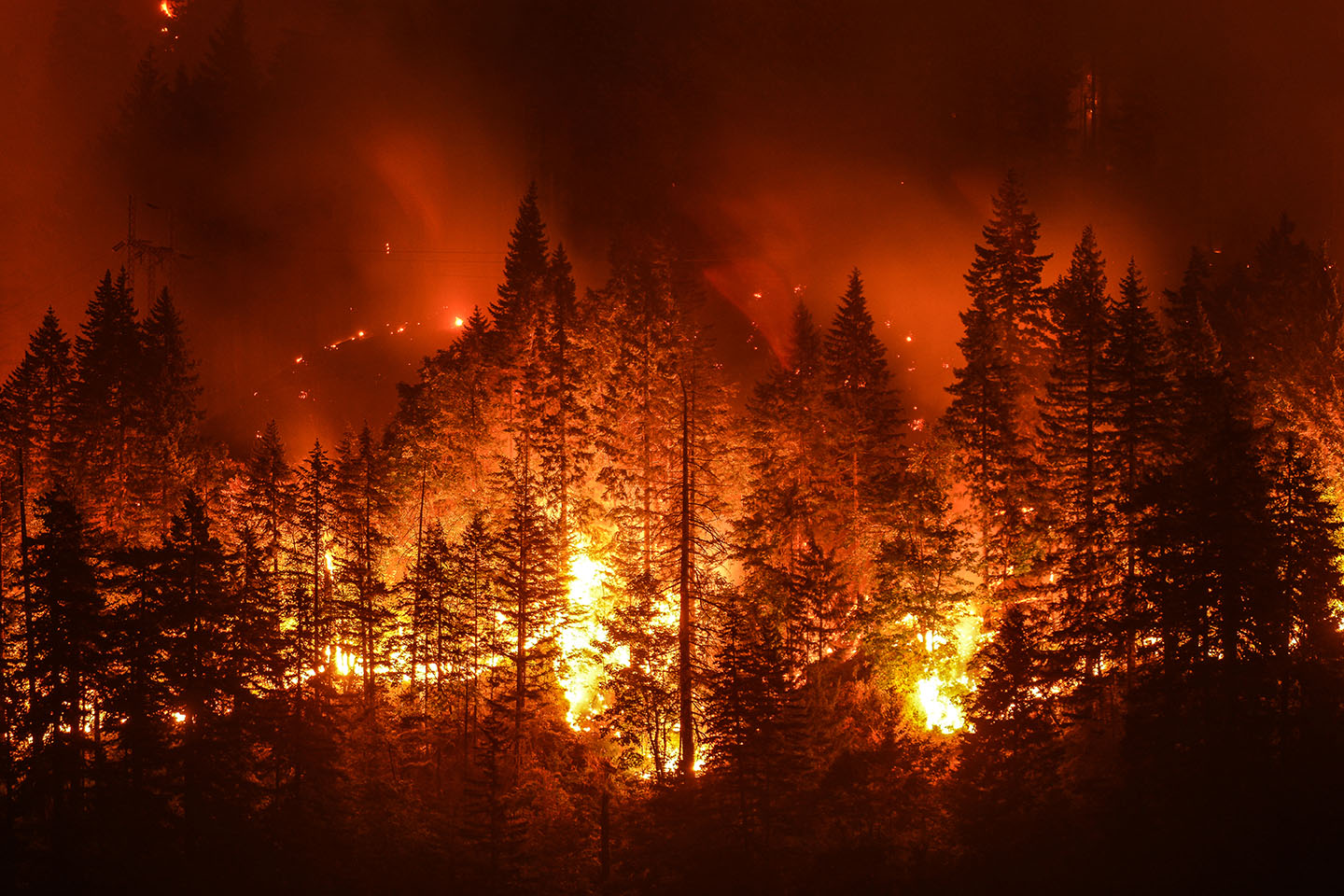

A natural disaster is a natural event that causes widespread damage or loss of life. It is caused by the forces of nature, such as earthquakes, floods, and hurricanes.
Natural disasters can be caused by a variety of factors, including:
The hurricane was a natural disaster that caused billions of dollars in damage.

Noun: A natural event that causes widespread damage or loss of life.
Adjective: Relating to a natural disaster.
Verb: To cause a natural disaster.
The word "natural disaster" is a compound word that is made up of the words "natural" and "disaster.".
Natural comes from the Latin word naturalis, which means "of nature.".
Disaster comes from the Latin word disaster, which means "bad omen" or "misfortune.".
The word "natural disaster" was first used in English in the 17th century. It was used to describe events such as earthquakes, floods, and hurricanes that were caused by natural forces.
What is a natural disaster?
Question:
Explain the term "natural disaster" and provide an example of a significant natural disaster. Discuss its causes and the potential impacts on both the environment and human communities.
Answer:
A "natural disaster" refers to a catastrophic event that occurs due to natural processes of the Earth, often causing significant damage to the environment and posing a threat to human lives and property.
One notable example of a natural disaster is earthquakes. These seismic events are caused by the sudden release of energy along faults in the Earth's crust. The shifting of tectonic plates can result in ground shaking, surface rupture, and even tsunamis. The 2010 Haiti earthquake is an illustrative case. It was triggered by the movement of the Enriquillo-Plantain Garden fault system, resulting in widespread devastation.
The causes of earthquakes are primarily geological and linked to the Earth's dynamic processes. The impacts are far-reaching and can include collapsed buildings, infrastructure damage, loss of lives, and displacement of communities. Environmental consequences may involve landslides, soil liquefaction, and changes in groundwater levels.
Address
Developing Experts Limited
Exchange Street Buildings
35-37 Exchange Street
Norwich
NR2 1DP
UK
Phone
01603 273515
Email
hello@developingexperts.com
Copyright 2025 Developing Experts, All rights reserved.